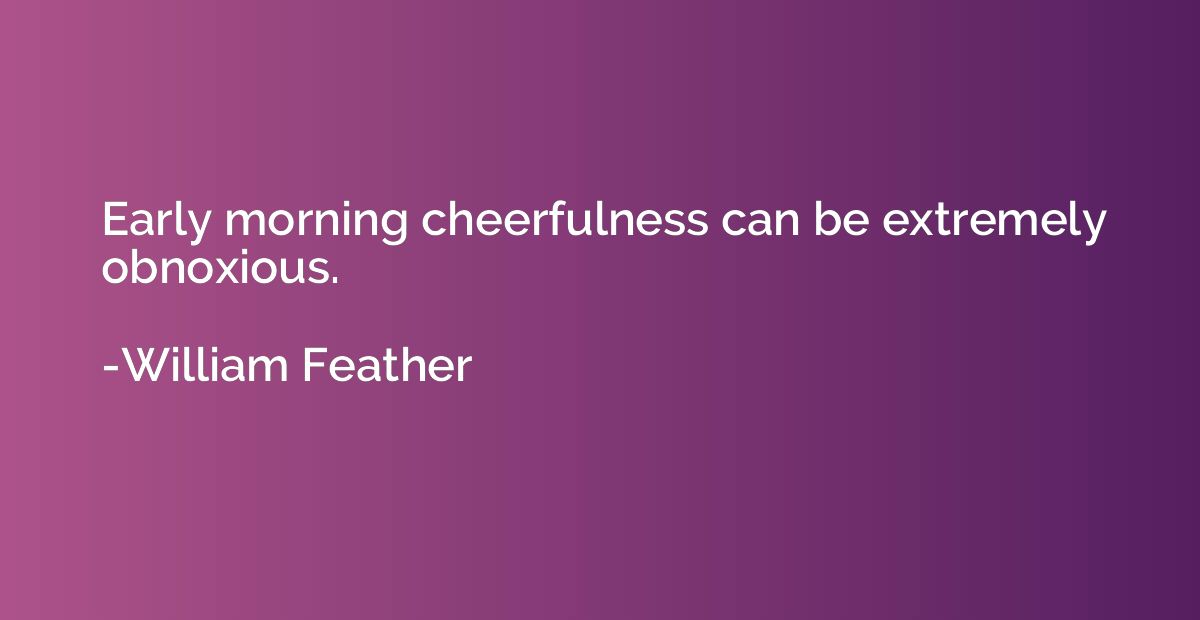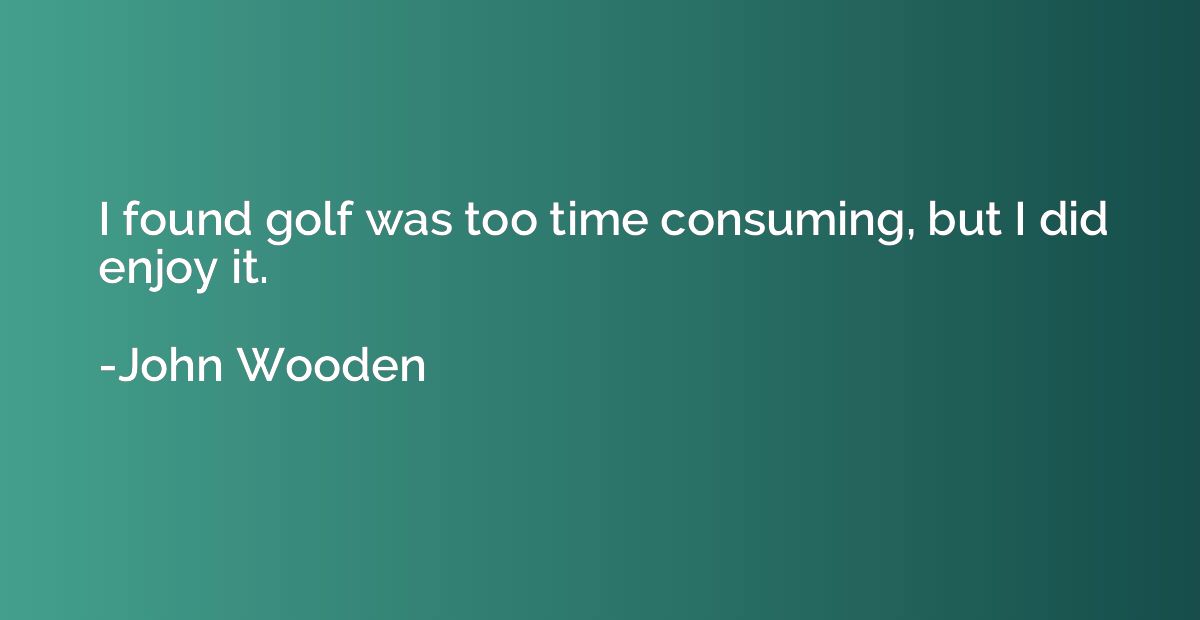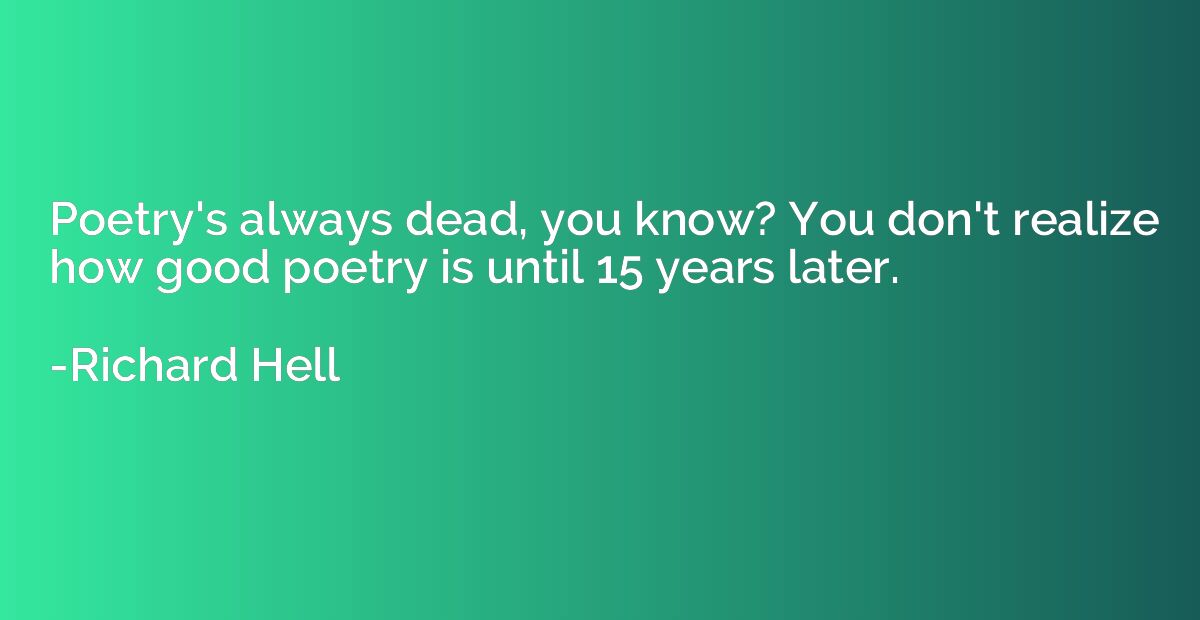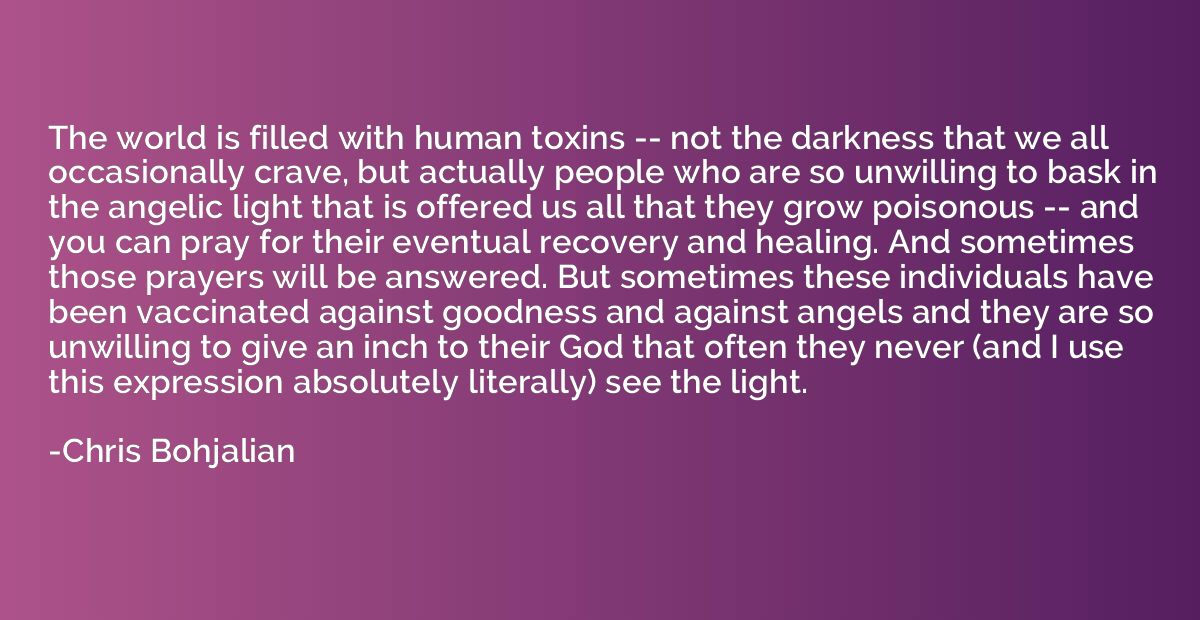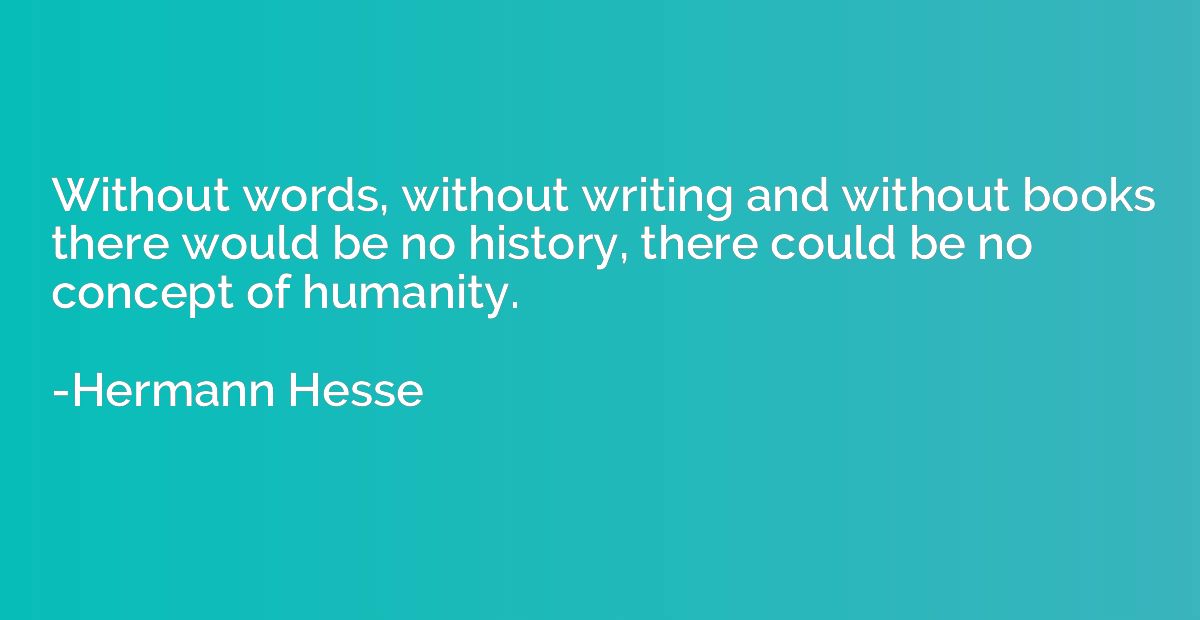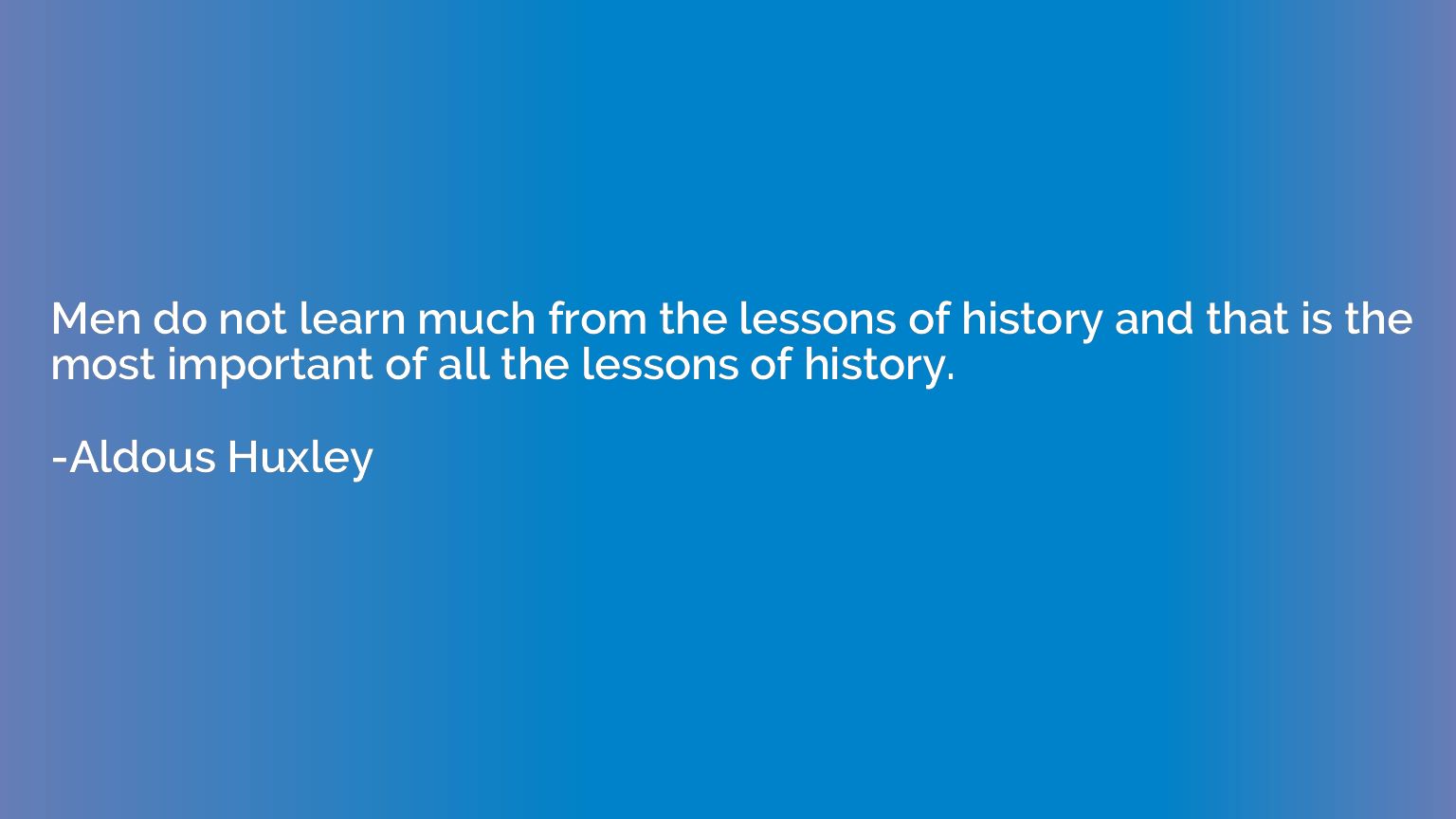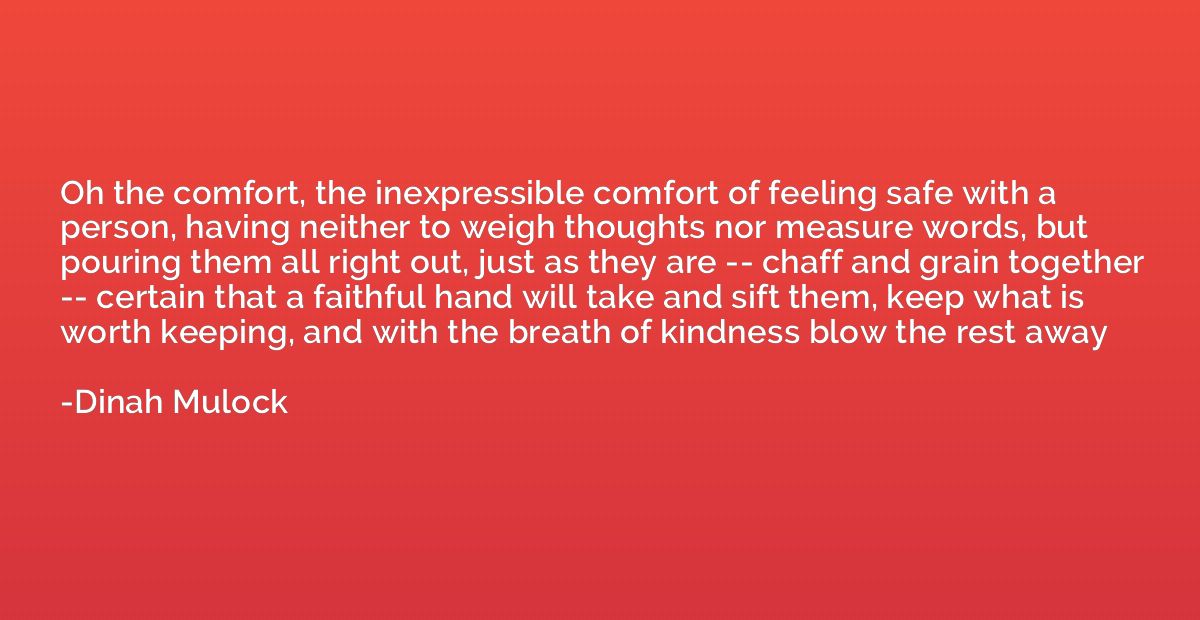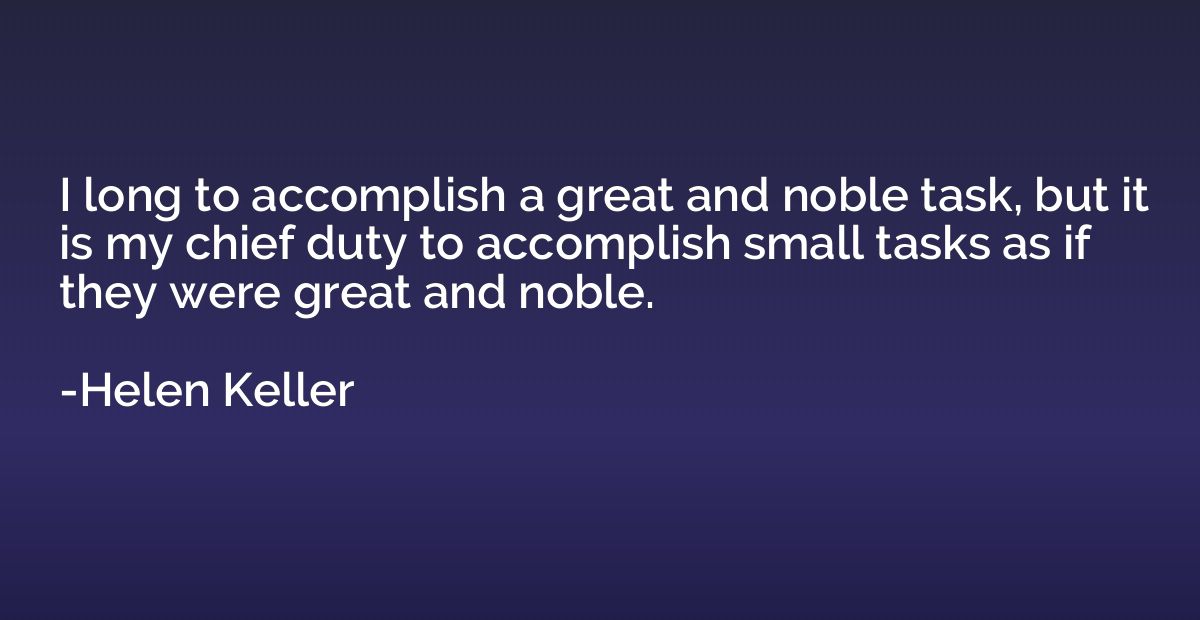Quote by Toni Morrison
She is a friend of mind. She gather me, man. The pieces I am, she gather them and give them back to me in all the right order. It's good, you know, when you got a woman who is a friend of your mind.
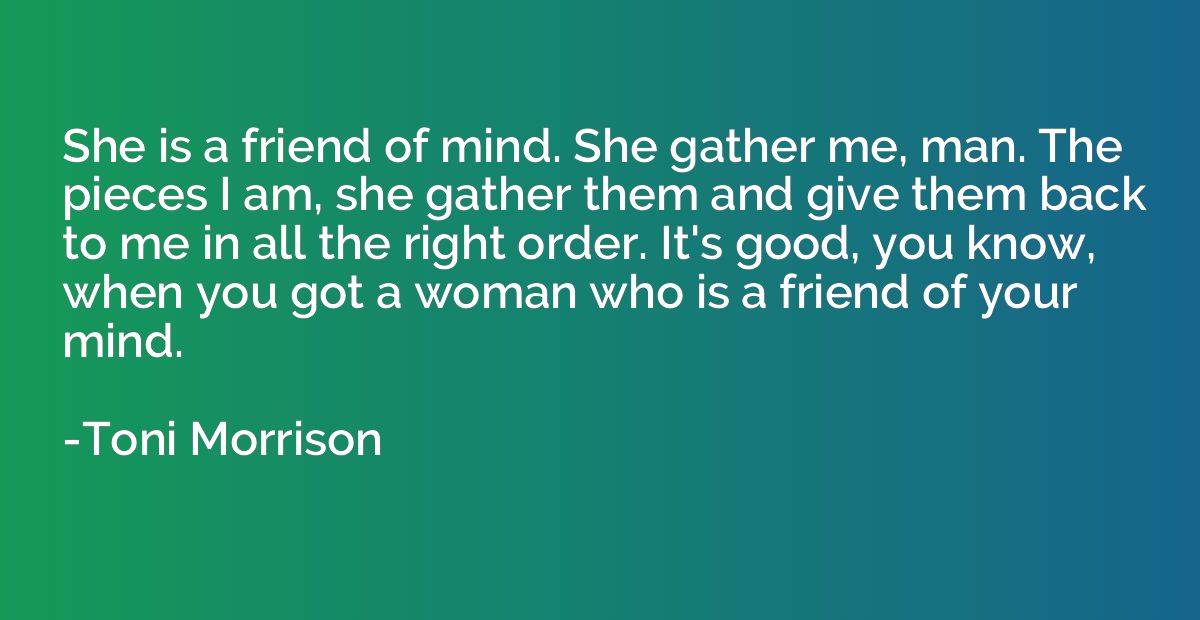
Summary
This quote highlights the powerful bond of friendship between two individuals. It emphasizes the importance of having someone in your life who not only understands your thoughts and emotions but also helps you find clarity and coherence. The speaker poetically describes their friend's ability to gather their fragmented self and restore it in a harmonious manner. The quote suggests that having a friend who connects with you mentally and emotionally is truly invaluable and brings immense satisfaction.



